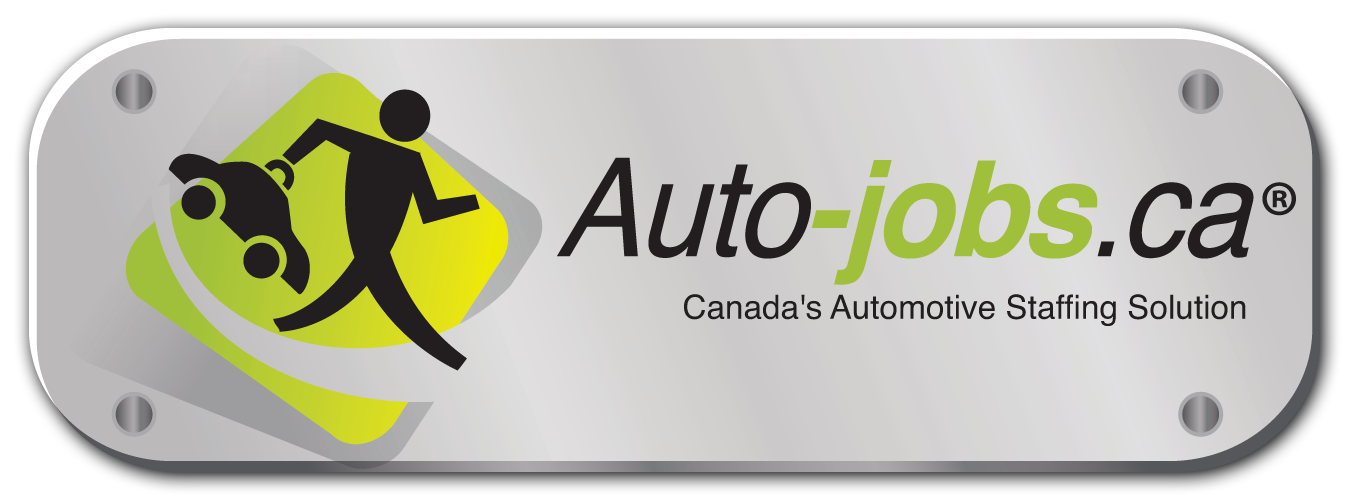If the idea of sending a resume by mail is partly gone, it does not mean that the Introductory Letter was shelved. Even when applying online, employers often require a document other than your resume: a text that presents your highlights. Although it is not explicitly required, it is a good idea to write one.
What use is it to have your whole professional life seen in public in your resume? In fact, these lines will present a direct prose, concise and lively, so that you will be able to make connections and enhance your skills. This will support your candidacy with more force and conviction.
Continue reading “The cover letter: a tool to not overlook in the automotive Industry”
Category: Automotive Jobs Tips
How to make your automotive business attractive to talent
Polishing the image your business projects can help attract the best and brightest
Nowadays, it seems that competitive wages and generous employee benefit programs are not enough to attract first-class talent. 1970’s type neoliberalism claims that the only real goal and responsibility of businesses is to generate profit. Another, more modern mindset, that is more in line with our current way of life, is that of the socially-responsible business. We need to keep in mind that today’s businesses must remain competitive while continually demonstrating their ability to innovate in order to attract young talented workers. How does this work?
Socially responsible
Social responsibility is a vast concept, which is not really defined by any specific rules or convention. What can be established at this point are the different basic principles that must be respected in regard to being socially responsible, such as: Workplace health and safety, protecting the environment, human rights, sound human resource management practices, community involvement, work-family balance, consumer protection, etc.… we must keep in mind that businesses also need to be good citizens, and consider the social and environmental aspects of its leaders’ business decisions.
Continue reading “How to make your automotive business attractive to talent”
7 Great Tips for your next Job Interview
 1. Have the look of the position to be filled.
1. Have the look of the position to be filled.
To many candidates show up as if they rang the wrong office or as if the applied to the wrong position!
2. Do not answer more than what is asked.
Some people when nervous talk way too much! So much that they themselves give the interviewer the reasons not to keep them for the next step.
3. Smile!
So many candidates look as if they were at a funeral! Be open, be yourself and SMILE.
Continue reading “7 Great Tips for your next Job Interview”
Can you turn down a promotion in the Automotive Industry?
Your boss is waiting for you, all smiles, in his office. He jumps right into the subject; he is offering you a promotion that, in his eyes, is an excellent step on your way to the top. Can you turn down his offer without jeopardizing your future?
It certainly is a tricky situation, but a number of factors might be holding you back: the kids are still young, you don’t feel that you have the right skill set for the job or you prefer filling a technical rather than an administrative role. These few examples all very justifiable as long as you make sure you present them in such a way as to not alienate your superior or jeopardize any future advancement opportunity.
Continue reading “Can you turn down a promotion in the Automotive Industry?”
During job interviews in the automotive industry, is it a good idea to say the truth?
 Stephen Seckler, Legal Coach thinks so:
Stephen Seckler, Legal Coach thinks so:
The “whole truth” can prevent an interviewer from drawing negative inferences. Sometimes the whole truth is best because it provides a good explanation for something that might be perceived as a negative. It also removes any speculation that you have some skeletons in your closet (e.g., the gap in your resume is because your mother was sick and you left work to care for her). I often joke with candidates that in the absence of contrary information, employers will presume that you were institutionalized during any breaks on your resume.
The general rule, though, is that you need to tell the truth and nothing but the truth, but you do not need to tell the “whole” truth —as long as you do not mislead.




